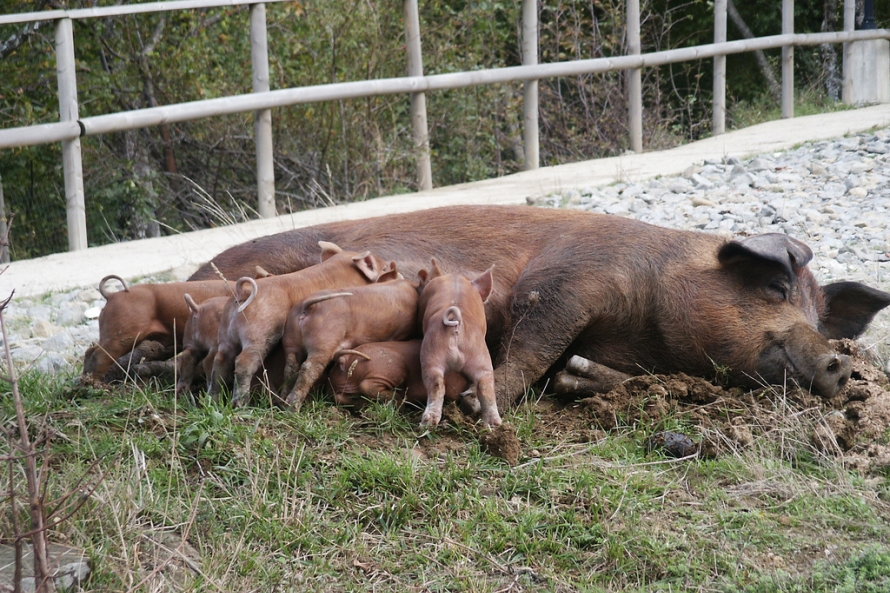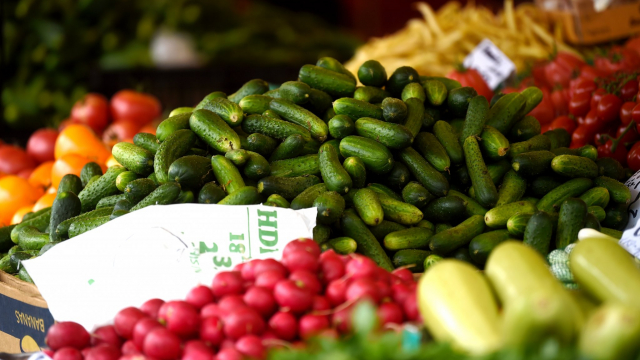Food and Veterinary Service (PVD) director Maris Balodis told the ministers that ASF continues to spread, prompting an extension of the territory near Latvia's borderzones with Belarus, Russia and Estonia where a state of emergency is already in effect.
It is currently unclear how the stemming of the spread will proceed – the Daugava river is a critical factor, serving as a natural barrier to wild boar at least until wintertime, when the animals can cross over its frozen surface.
Nevertheless, the outbreak of ASF on the Lithuanian side of the border means that the Daugava’s wild left banks are probably only slightly less threatened than its eastern shore.
Agriculture minister Jānis Dūklavs agreed that the situation’s outcome is impossible to predict. The outbreak has now spread very close to a large pig farm in Madona district holding about 20,000 animals.
“Russian scientists who have been dealing with ASF for five years now have said the only way to help is to keep the animal population down so that they don’t intermingle. If we have about 70,000 wild boar running around, it’s extremely complicated to keep them from interacting with each other and doing the things that animals will do,” the minister explained.
The state of emergency zone currently is in effect in the following near-border districts of southeast Latgale province and northern Vidzeme province: Rēzekne, Riebiņi, Preiļi, Zilupe, Daugavpils, Cibla, Dagda, Aglona, Krāslava, Ludza, Aloja, Mazsalaca, Rūjiena, Naukšēni, Valka, Burtnieki, Kocēni, Beverīna, Strenči, Priekuļi, Rauna, Smiltene, Ape, Alūksne, Viļaka, Balvi, Rugāji, Baltinava, Kārsava.
The expanded zone now reaches deeper into the entire central districts of Vārkava, Līvāni, Viļāni, Cēsis, Amata, Vecpiebalga, Jaunpiebalga, Gulbene, Cesvaine, Ērgļi, Madona, Lubāna, Koknese, Pļaviņas, Krustpils, Varakļāni, Sala, Viesīte, Jēkabpils, Aknīste, and Ilūkste, as well as Ogre district’s Ķeipene, Taurupe, Mazozoli, Madliena, Meņģele and Krape counties, Jaunjelgava district’s Sece, Staburags and Sunākste counties, in addition to the municipal territories of Jēkabpils, Daugavpils, Valmiera and Rēzekne.
The government also approved final compensation amounts to owners for their culled animals. A grown breeding pig was valued at €170, a feeding pig or young breeding pig – €120, and for a suckling piglet – €35. Altogether €150,000 has been procured from emergency funding reserves meant for unforeseen expenses.
The measures must still be approved by Saeima, which will hear the agenda item at its extraordinary summer plenary session Wednesday.



























